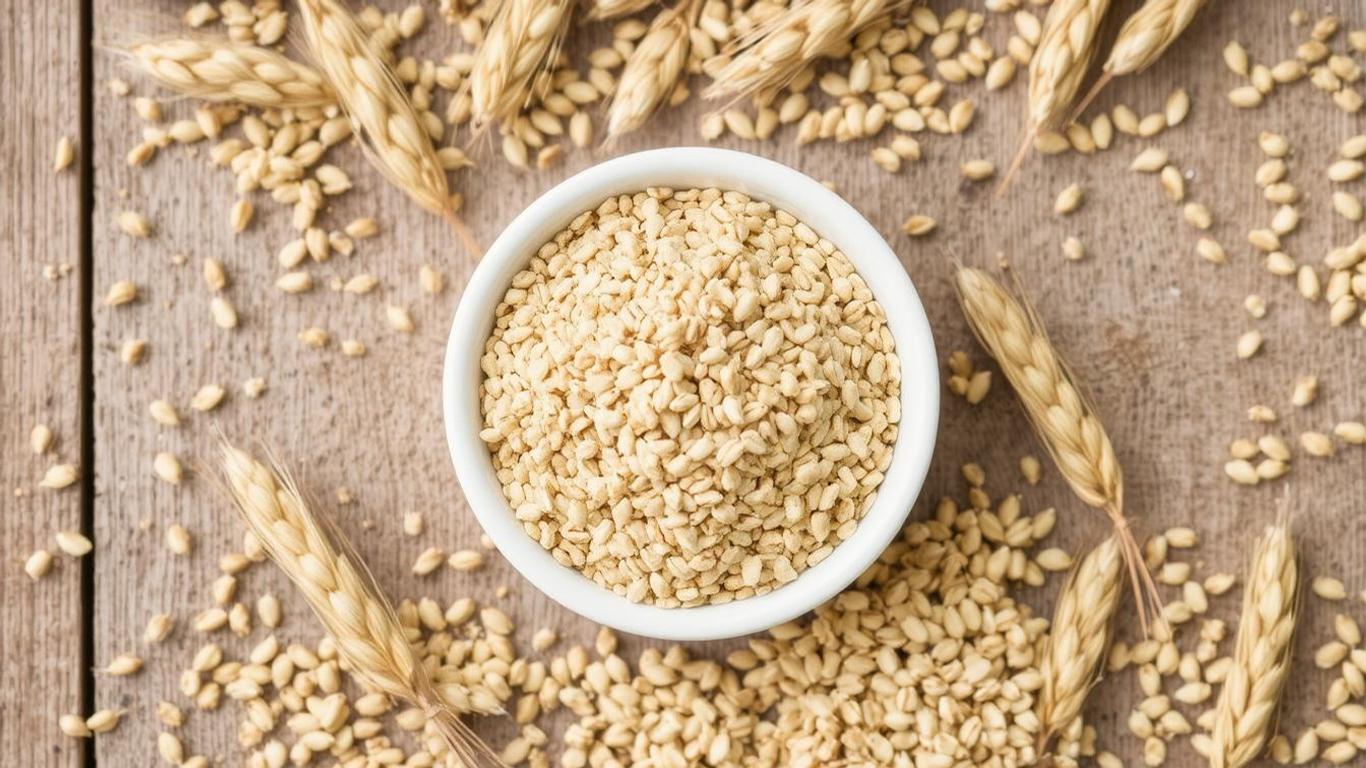
Including whole grains in your daily meals is one of the smartest dietary choices you can make for long-term health and weight management. Along with options like oats, brown rice, and barley, even traditional Indian ingredients like moong dal for weight loss are excellent for promoting satiety and supporting a balanced diet.
Whole grains are unrefined grains that retain the bran, germ, and endosperm. This structure preserves important nutrients such as fiber, protein, B vitamins, antioxidants, and trace minerals like iron, zinc, copper, and magnesium. Unlike refined grains, which are stripped of these parts during processing, whole grains offer a more complete nutritional profile.
Rich Source of Fiber
One of the most notable benefits of whole grains is their high fiber content. Dietary fiber promotes digestive health, aids in bowel regularity, and helps you feel full longer—an essential component for those trying to lose or maintain weight. Fiber also slows the absorption of sugar into the bloodstream, preventing spikes in blood sugar and insulin levels. This is particularly beneficial for people managing conditions like type 2 diabetes.
Improves Heart Health
Whole grains are known to reduce the risk of heart disease. Studies have consistently shown that consuming at least three servings of whole grains per day can lower the risk of heart disease by up to 20%. The fiber in whole grains helps to reduce levels of LDL cholesterol (the bad kind), while antioxidants and plant compounds improve overall cardiovascular function.
Aids in Weight Management
Whole grains like quinoa, oats, brown rice, and whole wheat are naturally filling, which helps reduce total calorie intake. They prevent overeating by promoting satiety, making them ideal for weight loss. Foods like moong dal, though technically a legume, act similarly due to their high protein and fiber content. This makes them a popular choice in many Indian weight loss diets.
Supports Healthy Digestion
Whole grains are a good source of insoluble fiber, which promotes bowel health by helping food move through your digestive tract more efficiently. A diet rich in whole grains can help reduce the incidence of constipation, diverticular disease, and hemorrhoids.
Blood Sugar Control
Whole grains have a low glycemic index (GI), meaning they cause a slower, more gradual rise in blood sugar levels. This makes them an ideal carbohydrate source for people with diabetes or insulin resistance. A diet rich in whole grains may also help prevent the onset of type 2 diabetes.
Reduces Inflammation
Chronic inflammation is at the root of many diseases, including heart disease, cancer, and Alzheimer’s disease. Whole grains contain a wide array of phytochemicals that have anti-inflammatory properties. Eating a variety of whole grains can help reduce inflammatory markers in the body.
Versatility in the Kitchen
Whole grains are easy to incorporate into any diet. Replace white rice with brown rice, white bread with whole wheat bread, and sugary breakfast cereals with oats or muesli. Traditional Indian recipes like khichdi, upma, or dalia can be made more nutritious by using whole grains and legumes like moong dal.
Conclusion
Whole grains are a foundational element of a balanced and healthy diet. They offer a multitude of health benefits, from aiding in weight loss to reducing the risk of chronic diseases. Whether you’re managing your blood sugar, trying to improve digestion, or simply aiming to eat healthier, including whole grains and legumes like moong dal for weight loss can have a significant positive impact on your well-being. Prioritize whole over refined, and your body will thank you.